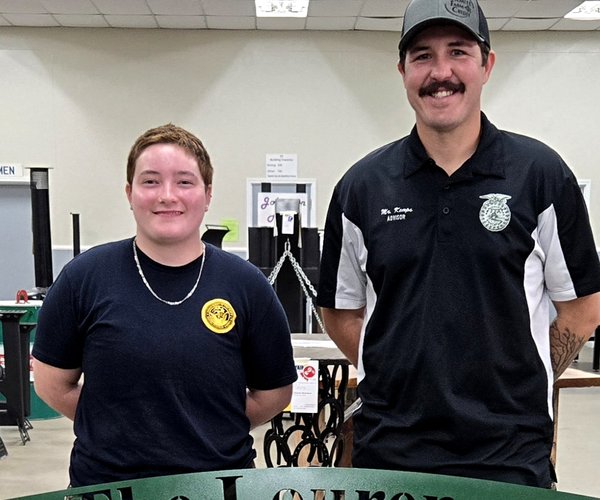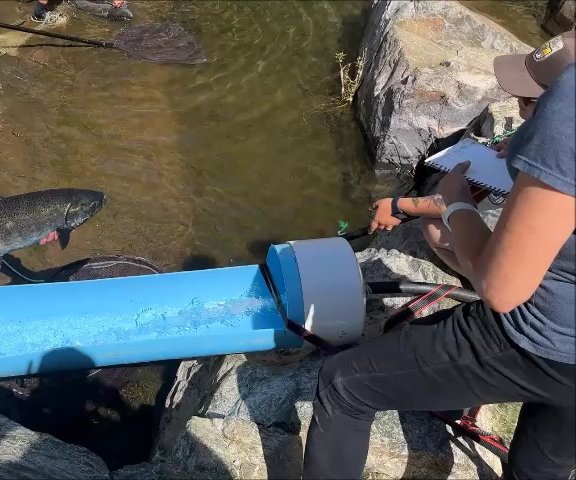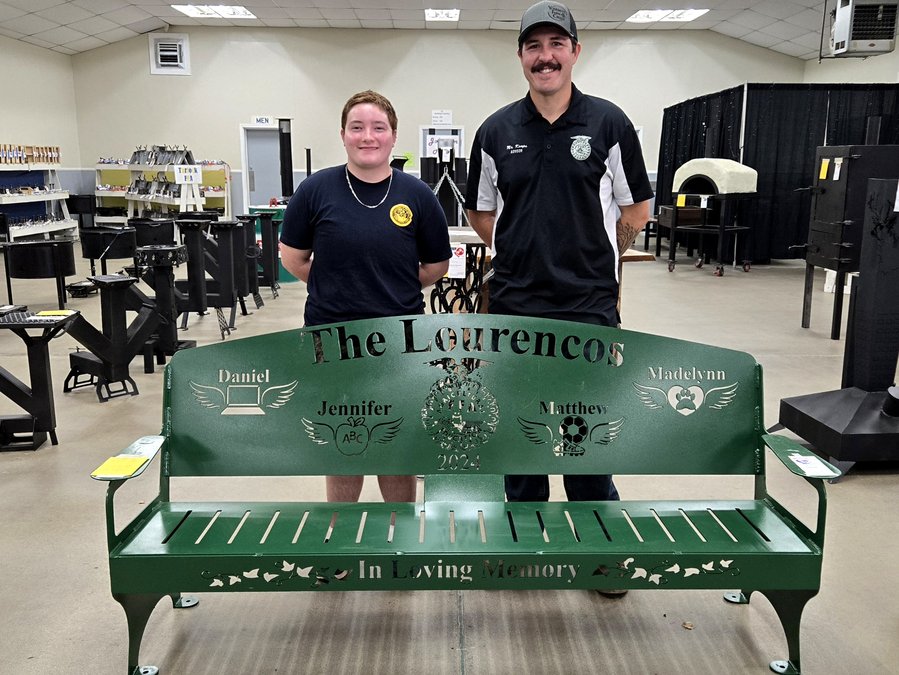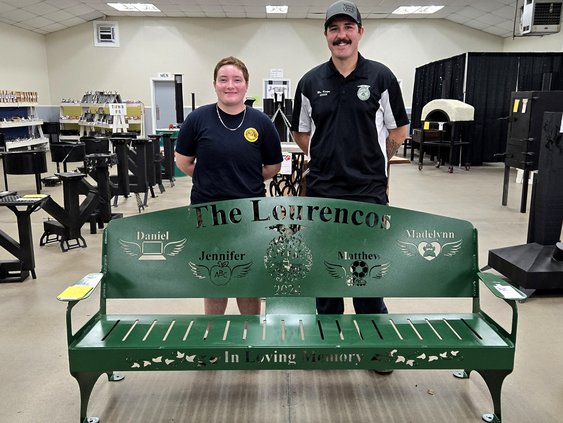HELP PREVENT WEST NILE
* Residents can reduce the risk of West Nile Virus exposure by reporting any neglected pools or ponds that they suspect might have mosquitoes to the Turlock Mosquito Abatement District at 634-1234.
* Dead birds can be an indication of West Nile Virus in the area. Turlock area residents can report dead birds to 1-877-968-2473. Only birds that have died within 24 hours of collection can be tested for West Nile.
Turlock residents might notice Turlock Mosquito Abatement District employees setting and checking traps around town in the next week or so. This is the time of year when TMAD collects samples of local adult mosquitoes to test for West Nile Virus.
The wet weather this spring has caused an increase in the number of mosquitoes in the Turlock area, said Jerry Davis, manager of the TMAD. Davis said that statewide there is less West Nile Virus activity than the same time last year. However, peak West Nile Virus season is from August to early September.
West Nile has been detected in mosquito populations in Turlock every year since 2004.
“It's here to stay,” Davis said.
Last year there were five confirmed human cases of West Nile Virus in Turlock. Davis said that about half of those cases were neuroinvasive. According to the CDC, these severe cases of the disease can cause swelling of the brain, convulsions, numbness and paralysis. Some of the neurological effects can be permanent.
“You're never completely the same as you were before,” Davis said.
People can be infected by West Nile Virus if they are bitten by a mosquito that carries the disease. The Turlock Mosquito Abatement District works to control the mosquito population in the area. They do this both by spraying for adult mosquitoes and by reducing or eliminating mosquito breeding.
Mosquitoes need bodies of water to reproduce. Adult mosquitoes lay eggs in the water, and mosquitoes live in the water during their larval stage. Davis said that one way Turlock residents can help prevent the spread of West Nile Virus is by reducing the chance for mosquitoes to breed in their area.
223 neglected swimming pools were spotted in the Turlock area by aerial photographers. Davis said that neglected swimming pools and ornamental ponds can be breeding grounds for the type of mosquito that carries West Nile Virus. The mosquito abatement district will work with property owners to eliminate the risk of mosquitoes in their pool or pond. The district gives free mosquitofish to residents within the district. The fish eat mosquitoes in their larval form and prevent them from maturing into the buzzing, biting adults that can carry disease.
“It's very important that we find these pools and ornamental ponds. One pool with mosquitoes can affect anyone within one square mile,” Davis said.
Early morning and late evening (dawn and dusk) are peak times for mosquito activity. Davis said that anyone who is outside at that time should use bug spray. Most of the West Nile Virus infected mosquitoes were found on the east side of Turlock and in Denair. However, residents in other parts of Turlock and the surrounding communities should take the same precautions to reduce the mosquito population and the chance of being bitten.
Residents can reduce the risk of West Nile Virus exposure by reporting any neglected pools or ponds that they suspect might have mosquitoes to the Turlock Mosquito Abatement District at 634-1234. Even small amounts of water can carry mosquito larvae, so Davis urged residents to empty out all containers after watering the lawn or after rain.
Dead birds can be an indication of West Nile Virus in the area. Turlock area residents can report dead birds to 1-877-968-2473. Only birds that have died within 24 hours of collection can be tested for West Nile.
To contact Andrea Goodwin, e-mail agoodwin@turlockjournal.com or call 634-9141 ext. 2003.









